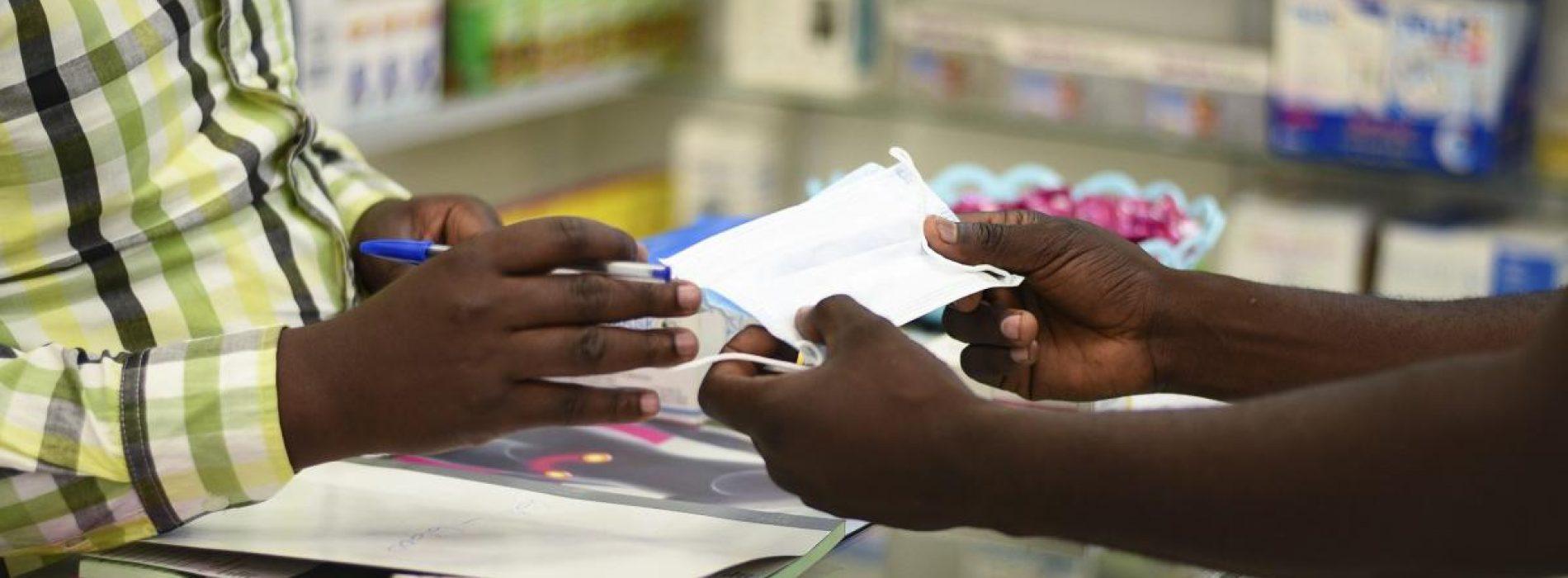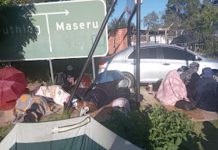Africa-Press – Lesotho. In Lesotho, there are undeniable disparities in the access to quality healthcare services between rural and urban populations. Populations in the rural areas have been subjected to poor healthcare services, especially the pharmacy services, for decades.
In most rural clinics, pharmacies are run by a nurse, a nursing assistant, a high school graduate, a cleaner, a gardener or a “trained” patient. Patients in such areas are continuously exposed to an immeasurable danger that unfortunately always goes unnoticed and unrecorded.
Why should these populations be excluded in efforts to address challenges facing patient care? I was shocked that even with the support of NGOs in the healthcare services provision, all primary healthcare facilities in districts like Butha-Buthe as well as many other rural communities countrywide have never enjoyed any support in terms of qualified pharmaceutical practitioners.
This puts such communities in great danger of unsafe use of medicines than the communities who have access to qualified pharmacy professionals (Pharmacists and Pharmacy Technicians).
The lack of equity in the access of quality healthcare services is truly a public health threat and a clear violation of human rights. Health is a right and the entire nation has a right to quality healthcare, not only urban residents.
For years, Basotho have been exposed to harm associated with inappropriate use of medicines and it is unfortunate that this has been going on through the entire health system (public and private sector).
One would have thought that the Ministry of Health would, as a custodian of public health, provide leadership in promoting quality health care, including the pharmaceutical care in public clinics and hospitals. I would have thought that they would also demand compliance from the private sector. But no! Not in Lesotho.
It is indeed worrying and scary at the same time that the Ministry of Health, supposedly knowing the importance of putting the community’s lives in right hands (doctors & clinical associates, pharmacists & technicians, nurses & assistants, dentists, medical lab technicians, physiotherapists etc.
), could decide to instead expose the people to the harm that threatens their lives by not enforcing the procurement of qualified personnel in their clinic facilities.
I would like to point out that the access to quality pharmaceutical care is a right and the Lesotho Medical, Dental, Pharmacy Order of 1970 clearly states that.
No communities should be deprived of this right, because medicines in the wrong hands is a threat to this right and patient safety!
Why is the Ministry of Health failing to comply with the provisions of this law? Some 15 years ago, the health system was faced with a scarcity of pharmacists since local pharmacists were trained outside the country and the Ministry of Health trained informal practitioners to dispense medicines in the clinics to try and respond to the public health needs during those days.
Although the Ministry of Health was still obliged by law to ensure that medicines were in the custodianship of pharmacists, which would necessitate them to employ expatriate pharmacy professionals at that time, the issues of financial constraints were cited, and contingency plans as described above were put in place.
Lesotho then resorted to training pharmacists locally in a quest to respond to public health needs. I am surprised that despite the availability of locally-trained pharmacists, and notwithstanding the provisions of the law (Lesotho Medical, Dental, Pharmacy Order 1970), the government of Lesotho through the Ministry of Health has always failed to ensure appropriate custodianship of medicines by pharmacists.
Why were pharmacists trained through the public coffers when they are not given a chance to care for the nation? Why do we still have cleaners giving out medicines to patients? Why are nurses and nursing assistants still in the pharmacy? Isn’t the Lesotho Medical Dental and Pharmacy Council (LMDPC) the custodian of Medical Dental Pharmacy Order 1970?
Why are they quiet? Who is responsible for ensuring public safety with regards to medicines? What will it take for the Ministry of Health to comply with the provisions of the law concerning the pharmaceutical sector?
It is shocking that the government of Lesotho wants to make issues of quality pharmaceutical care optional. Why do they want the pharmaceutical services to be provided by people who are not qualified in the field despite the availability of qualified personnel?
Has anyone thought of taking their child to a school where teaching is done by unqualified “teachers”? Why is this nation deprived of a chance to receive care by qualified pharmacy professionals? What will it take for those responsible to do what is right?
When are we going to start regulating the private sector to ensure public safety issues related to medicines use, when they experience same dangers in public sector?
Pharmacists and pharmacy technicians are the only members of the healthcare team who have a training in “Pharmaceutical Sciences“, and are the only group that has skills in determining the quality and ensuring safety of medicines.
Pharmacists as “experts in medicines”, are a backbone of “curative medicine” and should not in anyway be treated as an optional cadre in the provision of healthcare. This is a cry for help; our communities are in so much danger inflicted by medicines, talk of antimicrobial resistance and substance abuse!
For More News And Analysis About Lesotho Follow Africa-Press






